Table of Contents
FOR MY MOM
You are my rock, my inspiration, and my
greatest role model on how to live life with a
compassionate heart and a determined spirit.
PROLOGUE

SOMETIMES A SINGLE moment is all it takes for our lives to change course. My own life has been punctuated by several such instances. Those simple moments of clarity and truth had the power to both derail my best-laid plans and inspire a sudden shift in my perspective of the world.
I was in a Palestinian refugee camp in Beirut at the tender age of nineteen when one of these flashes of insight struck me hard. I had been invited to spend the night in the camp by an old woman named Umm Hashem whom I had connected with during my brief stint as a researcher and volunteer in Shatilla refugee camp. I gratefully accepted her offer, and as I lay awake on the thin mattress in her one-room concrete unit that night, surrounded by three other members of her family, I had a sudden realization that was obvious, yet profound: They cant go home. In my head I already knew this fact, but in that moment the truth settled into my heart. The injustice of this familys situation felt unreal compared to my staggering privilege. I could have easily gone back to the hotel that night with my classmates, I had a return plane ticket home, and the American passport I carried with me granted a degree of freedom and access that others could only dream of. It didnt seem fair.
A single night immersed in Umm Hashems world was obviously not enough for me to even pretend that I understood the reality of her situation. Even if I stayed with her for decades, I still wouldnt fully comprehend what its like to be in her shoes. Empathy has its limitations. Yet, I knew in my gut that something wasnt right. There was an undeniable sense of injustice surging through me. I wanted to do something. I wanted to make her life better. I wanted to help.
And so it was there, on the floor of that tiny concrete room, as I listened to the sounds of the camp and the inner churning of my conscience, that I decided to dedicate my life to humanitarian work.
I came home from that trip and called my mom to tell her, Guess what, Mom? Im not going to be a geneticist after all. The life of a research scientist, which I had already been grooming myself for as an overachieving teenager with complicated research projects in the field of cancer genetics, was no longer my ambition. I think my Mom was only half shocked. I had, after all, always had a heart for service. Id been volunteering since childhood, I passed up a second summer of research at Oxford in high school to work at an orphanage in Togo instead, and Id spent the previous summer enthusiastically teaching English in a rural village in China. But up until then, I always assumed that helping others could only be a hobby. Suddenly it felt like a calling.
It was with that preciously naive I wanna change the world enthusiasm that I signed up to intern for Save the Children during the summer of 2002. I was assigned to assist the regional child protection officer in Kenya with some assessments on child protection needs in Dadaab refugee camp on the Somali border and in several repatriation camps in Somaliland. However, as youll see in the pages that follow, that summer in East Africa at the age of twenty, and my subsequent study abroad semester in Uganda, made it glaringly obvious that the world of international aid wasnt all that it was cracked up to be. During that time I would face a second turning point in my path, in yet another refugee camp, and my naive impressions of humanitarian aid would get a serious reality check.
Transitioning from a bleeding heart to a critic of the humanitarian regime was not an easy process. There were very few people who were willing to speak honestly with me about the subject. Fortunately, after graduating from Duke University with a degree in global health and human development, and a research specialization in aid effectiveness for refugees, I spent a year studying as a Fulbright Scholar with a pioneering aid critic and anthropologist named Barbara Harrell-Bond. Barbara was, and continues to be, a woman who is loved, feared, and hated within the circles of international aid, probably in equal measure. She has ruffled more feathers than most, and she doesnt apologize for it. Not even for a second. Her book Imposing Aid was arguably one of the first of its kind when it was published in 1986, finally saying what nobody had been brave enough to say before about the shortcomings of international aid. I felt lucky to be under her mentorship during my year at the American University of Cairo while earning a diploma in forced migration and refugee studies. In many ways it was Barbara who gave me the go-ahead to start speaking out against the failures I was seeing in the aid world. The more time I spent working with refugee communities in Cairo who were being let down by well-intentioned aid agencies, the more I knew I had found my cause.
I returned to the United States for a year to work with resettled refugees in San Diego, while also working as a nanny to save up for my next big project. By that point I was completely fed up with the failures of international aid. Jaded would have been putting my condition lightly. Throughout my travels I had continued to see endless examples of how our good intentions to save the world were not only falling short but in some cases doing more harm than good. In 2006, fueled by my frustrations, I started an organization called Beyond Good Intentions and traveled solo around the world for a year to ten different countries to produce a film series on what really works in international aid. My round-the-world journey took me to Colombia, Peru, Argentina, Indonesia, Cambodia, Laos, India, Madagascar, Mozambique, and South Africa. Along the way, I met with sixty-three aid organizations and hundreds of individuals, who all helped me gain enormous perspective on both the failures and successes of international aid.
In the year that followed, I went back to graduate school for a masters in international education policy at Harvard University where I served as a Reynolds Fellow in social entrepreneurship and had the unique opportunity to interact with some of the leading players in the world of social change. Soon after graduating, I released the ten-part Beyond Good Intentions film series, which helped spark a much-needed dialogue about aid effectiveness and was viewed in more than 165 countries by over 100,000 people. During that time I also began offering educational programs and giving speeches about the various ways the aid industry should be transformed to serve recipients better. My endless curiosity about the world led me to immerse myself in more than seventy-five countries on every continent. In short, Id become a global nomad with a passion for waking people up about the realities of international aid.
I share this background of the past eight years only to provide some necessary context. Because when I looked back at my life recently, I saw a path that was completely different, and undeniably more purposeful than I ever could have imagined. And it was thanks in large part to two distinct moments: the first in Lebanon, and the second in a camp on the Somali border when a refugee boys comments changed me forever.


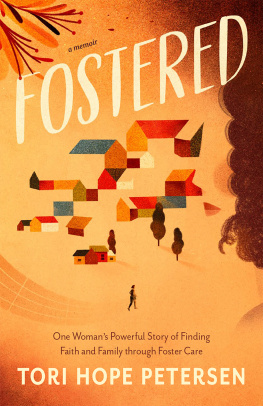

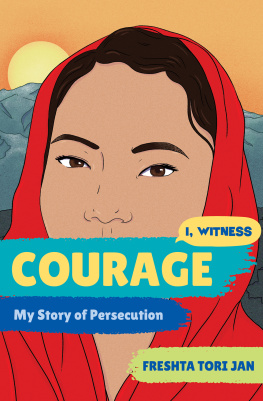

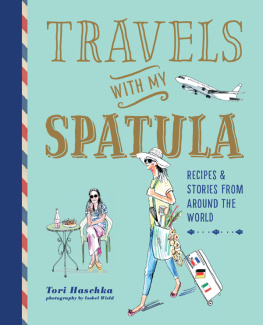
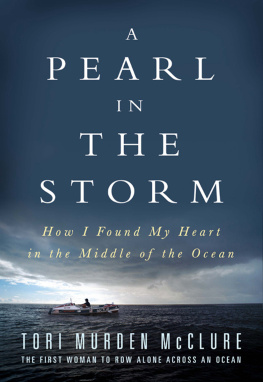

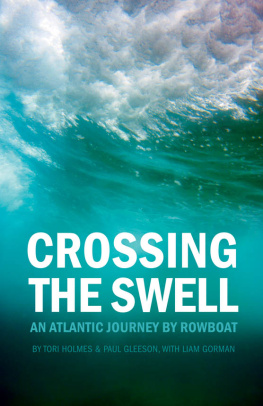
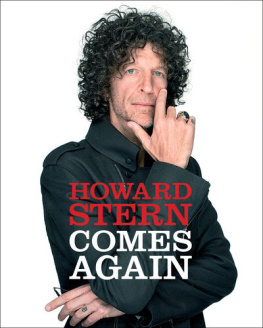


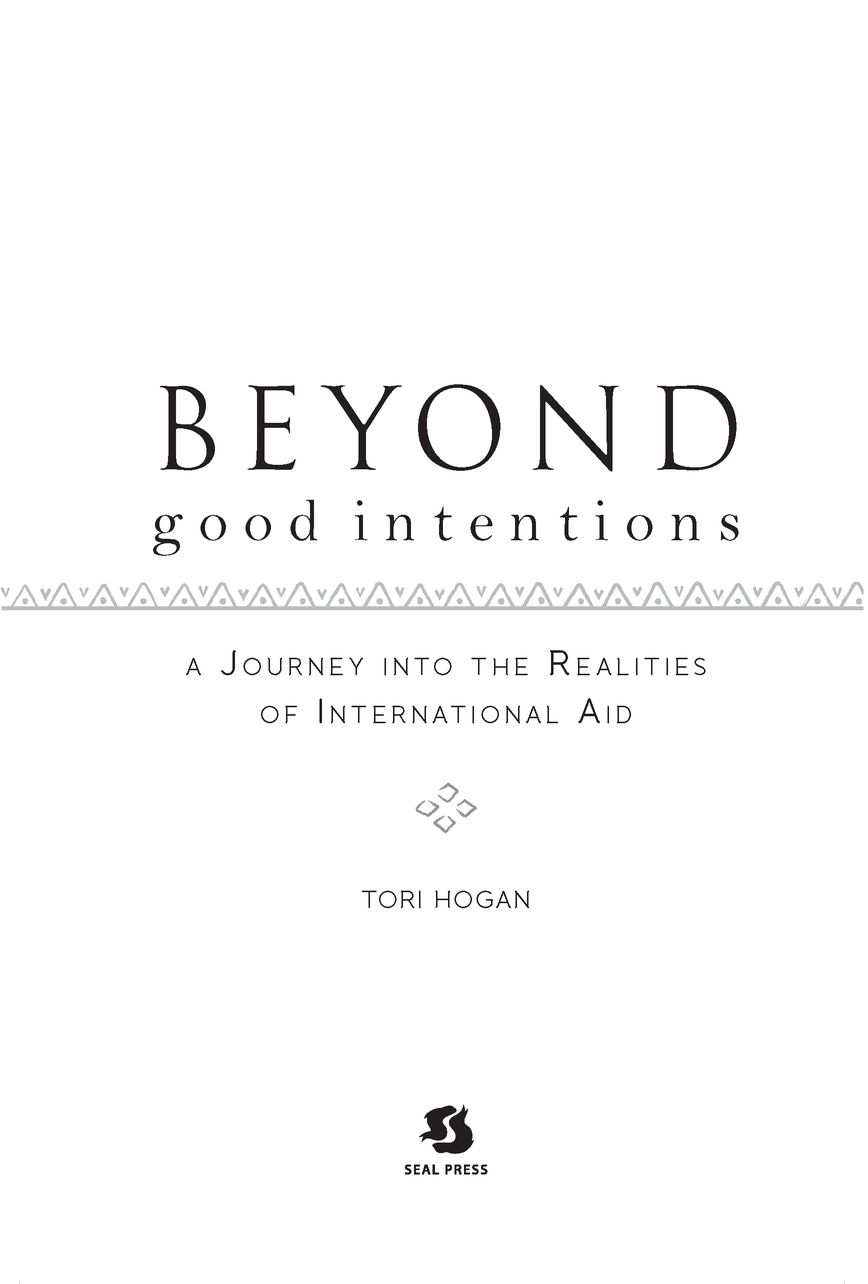
 SOMETIMES A SINGLE moment is all it takes for our lives to change course. My own life has been punctuated by several such instances. Those simple moments of clarity and truth had the power to both derail my best-laid plans and inspire a sudden shift in my perspective of the world.
SOMETIMES A SINGLE moment is all it takes for our lives to change course. My own life has been punctuated by several such instances. Those simple moments of clarity and truth had the power to both derail my best-laid plans and inspire a sudden shift in my perspective of the world.